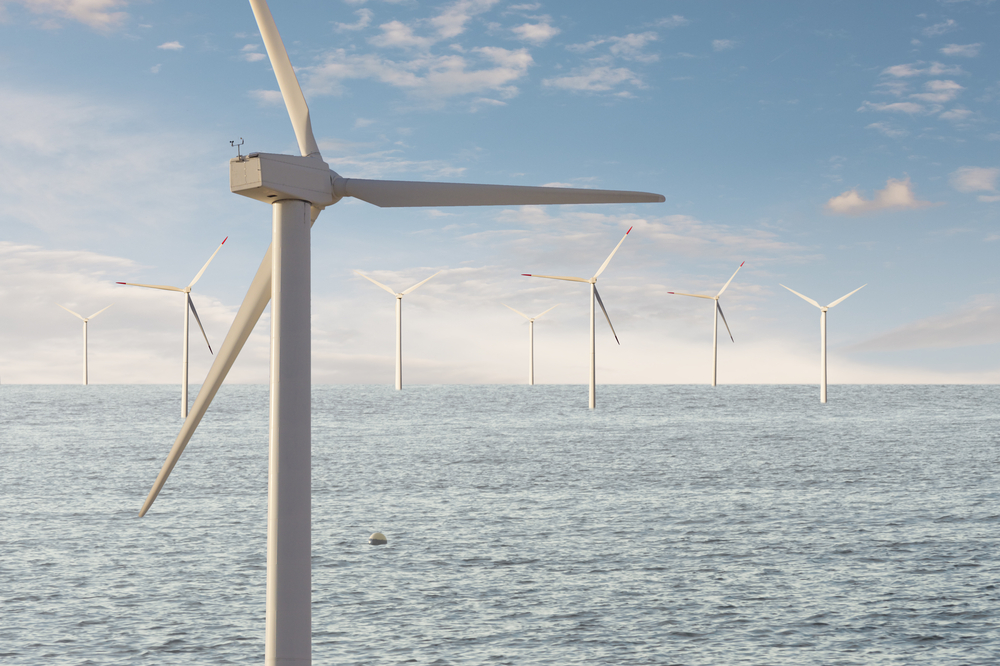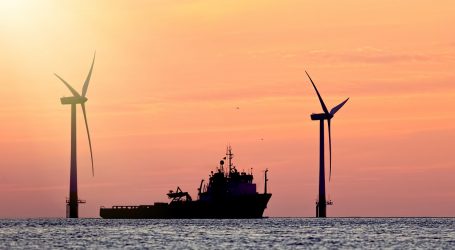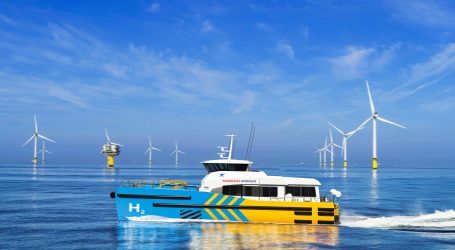Expert: offshore wind farms will give Poland’s electricity system 18 GW by 2040
Offshore wind farms will give the Polish electricity system 18 GW by 2040, president of the Polish Chamber of Offshore Wind Energy Jakub Budzyński told a conference on Thursday. Pomeranian Deputy Governor Emil Rojek indicated that the construction of such farms is of great importance.
The 13th Polish Maritime Law Conference takes place on Thursday at the Faculty of Law and Administration of the University of Gdansk. The event is devoted to selected issues related to offshore wind energy development from the Polish perspective.
The president of the Polish Chamber of Offshore Wind Energy recalled that at the end of last year, the Polish Power Grid noted the presence of 72 GW, or 72,000 MW of installed electrical capacity, in the Polish power system.
Offshore wind farms will give the Polish power system 18 GW by 2040 – and in practice much earlier, as I think around 2036-2037, i.e. already in 12 years’ time. If we were to compare this to today’s state of the Polish National Power System, this will be 1/4 of the increase in installed capacity with a very high level of quality,’ explained Budzyński.
In his opinion, offshore wind energy, despite being an industry well positioned in the technological, industrial and economic landscape in Western Europe, is still an innovation in Poland. During the conference, he argued that the development of this sector is not only an opportunity for higher, academic education, but, as he pointed out, it is also a ‘tremendous chance for a similar renaissance of technical and vocational education’.
Pomeranian Vice-Governor Emil Rojek, who was present at the event, emphasised that the construction of offshore wind farms is an undertaking of enormous importance and momentum.
In fact, I don’t think there has been such a large but also expensive undertaking in the field of maritime economy since the construction of Gdynia,’ he said.
MEP Magdalena Adamowicz said that strengthening the competitiveness of the European Union economy through the development of sustainable energy sources is one of the key tasks of the new European Commission, which emphasises that energy transformation is a necessity.
We also need to be realistic in adjusting potentials and we are striving for this. We are already seeing some of the mistakes of the overly restrictive and rapid regulations of the previous term, which we will not be withdrawing from, but we will certainly be slowing them down a little,’ Adamowicz stressed.




